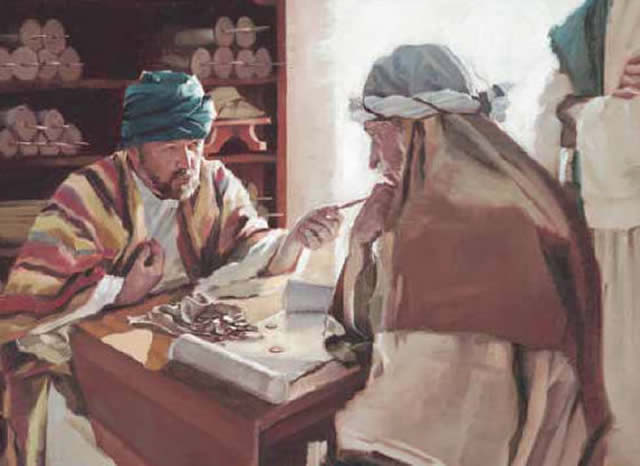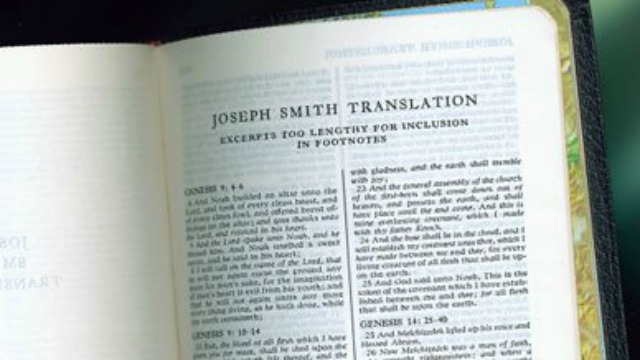Question
Gramps,
Why is the unjust steward commended for his behavior in Luke 16?
Lou
Answer
The parable of the Unjust Steward is among the most difficult parables to understand. For those in need of a refresher, it’s about an employee (i.e., the steward), who’s responsible for managing the assets of a wealthy man. Once the Steward learned he was going to be fired for “wasting his goods”, he called everyone who owed his master money and settled their debt for a fraction of what they owed. He did this to gain favor with these men so he could get a job once he was fired. The account in Luke reads:
5 So he called every one of his lord’s debtors [unto him], and said unto the first, How much owest thou unto my lord?
6 And he said, An hundred measures of oil (this equals around 868 Gallons, about an annual yield of an orchard of 146 olive trees). And he said unto him, Take thy bill, and sit down quickly, and write fifty.
7 Then said he to another, And how much owest thou? And he said, An hundred measures of wheat (this equals around a thousand bushels, equates to the harvest of 100 acres). And he said unto him, Take thy bill, and write fourscore.
8 “..the lord commended the unjust steward, because he had done wisely: for the children of this world are in their generation wiser than the children of light.”
(Clarifications added)
The last verse is what trips people up because it appears the Lord is condoning unethical and dishonest behavior. Which we know is not true in keeping with the Savior’s character. So why would He commend the Steward? Simply put, He didn’t.
If you look at the language in the verse, the person referred to as “the lord” is the steward’s employer and not God. It’s clear that the Savior was not praising the steward. Rather, he was “likening” the diligence and foresight of the steward to his disciples (Children of light). Elder McConkie explained this in his book, The Mortal Messiah:
“Our Lord’s purpose was to show the contrast between the care, thoughtfulness, and devotion of men engaged in the money-making affairs of earth, and the half-hearted ways of many who are professedly striving after spiritual riches. Worldly-minded men do not neglect provision for their future years, and often are sinfully eager to amass plenty; while the ‘children of light,’ or those who believe spiritual wealth to be above all earthly possessions, are less energetic, prudent, or wise. . . .
“If the wicked steward, when cast out from his master’s house because of unworthiness, might hope to be received into the homes of those whom he had favored, how much more confidently may they who are genuinely devoted to the right hope to be received into the everlasting mansions of God!”(Bruce McConkie, Chapter 79, Mortal Messiah: From Bethlehem to Calvary, Vol. 3)
I often think to myself when I read about the FBI bringing down an organized crime ring, “why didn’t these guys put their talents to good use in the private sector?” In many respects, I think this is what the Savior is saying. He’s not endorsing the dishonest behavior of the Steward. Rather, he was encouraging his disciples to show the same kind of prudence and foresight at securing their eternal welfare, as this steward did in securing his temporal welfare.
Although there are many ways to apply this parable in our life, I thought it would beneficial to share an insight from John Widstoe, which is relevant to this parable. In regards to the blessing of temple work, Brother Widstoe said:
“Those who give themselves with all their might and main to this work…receive help from the other side, and not merely in gathering genealogies. Whosoever seeks to help those on the other side receives help in return in all the affairs of life.” John A. Widtsoe, Utah Genealogical and Historical Magazine, July 1931, p. 104
and
“Whoever seeks to help those on the other side receives help in turn in all the affairs of life…Help comes to us from the other side as we give help to those who have passed beyond the veil.” John A. Widtsoe, Ensign, May 1980, 40)







